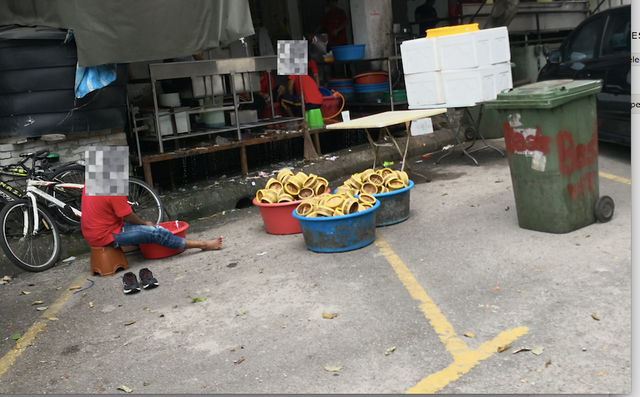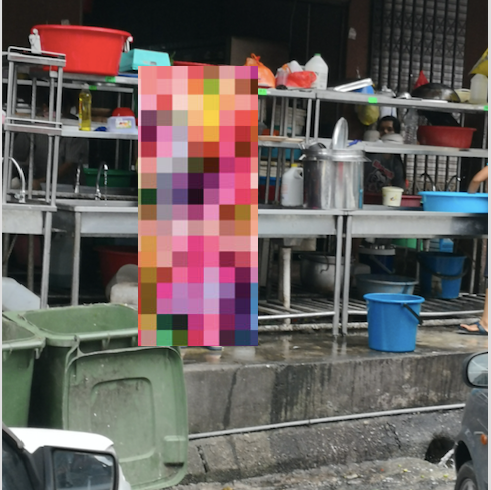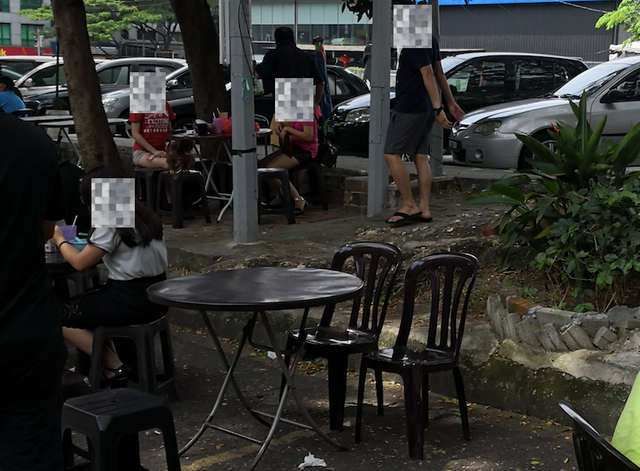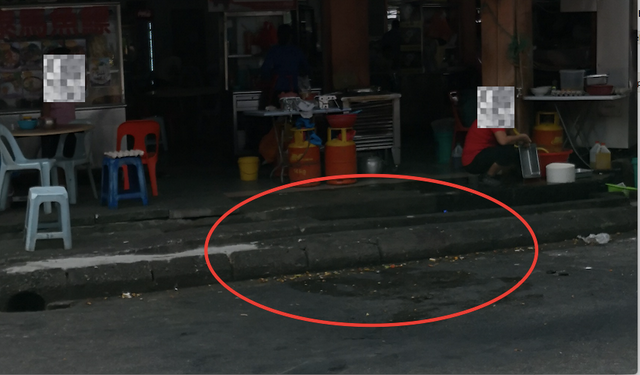Why most Malaysian restaurants will always be Malaysian standard
Social media was abuzz about the recent dishwashing in a pothole incident at Raj's Banana Leaf restaraurant. https://www.thestar.com.my/news/nation/2018/05/30/dbkl-health-inspectors-come-a-calling-at-bangsar-banana-leaf-restaurant/
Reading Mariam Mohktar's opinion piece in FMT titled "What's more important in food : flavor or filth?" http://www.freemalaysiatoday.com/category/opinion/2018/06/09/whats-more-important-in-food-flavour-or-filth/ incited me to write this. To say that we either choose between MSG or dirty food shows a severe lack of understanding about the Malaysian food scene especially the many mamak road side stalls, nasi lemak stalls and Indian-Muslim and Indian restaurants.
Having operated a restaurant myself for a while, I would like to share this. It is impossible to have a Malaysian restaurant that is clean without a few changes in how we operate restaurants in Malaysia, given the constraints, many small restaurant operators are faced with.
For a start, many restaurants operate from less than ideal premises, the standard size and layout of most shoplots are 22ft by 75 ft. An ideal restaurant should have the following areas layed out:-
Many Malaysian restaurants spend lavishly on the service or dining area, with another big area for the kitchen. All other areas are an after thought, such as a drinks preparation area or bar counter, payment counter and toilet.
There is no food preparation area, no cleaning/washing area and even less likely, a food receiving or storage area. Often, when we pass by a restaurant when it is closed for the afternoon, we see staff peeling onions or garlic in the dining area or back of the restaurant, bales of fresh food ingredients such as vegetables or seafood lying around the restaurant.
These are common sights around any neighbourhood restaurants operating from shophouses.

So it comes as no surprise that migrant workers at Raj's restaurant were washing dishes in the open area and rinsing them in the pothole.
The fact of the matter is owning and operating a restaurant that has all the important sections is not only too expensive but impractical unless local council legislation and shop houses are redesigned for restaurant businesses.
Add the fact that many restaurants operate without a license and are willing to be fined by the authorities as it takes too long to obtain a license prior to opening. A restaurant should only be allowed to operate if they have followed basic guidelines for all the important areas outlined above.
Instead, the local councils are more interested in compounding restaurants who use the side walk or 5-foot way for a dining area, often confiscating the tables and chairs during their Operasi. On the other hand, some enterprising food operators choose to pay the authorities to turn a blind eye as taking over and enclosing the sidewalk to the detriment of pedestrians who have to walk out of those areas even during a heavy downpour or hot afternoon.
It is time that authorities provide clear guidelines to the many small restaurant operators mandating a proper storage/food receiving area and cleaning/washing area. By allowing restaurants to operate a small extended area for washing and cooking at the back of many shophouses, has created unhealthy practices, such as using the local council provided dustbins to block parking spaces, dirty water from the washing and cooking attracting rodents and other stray animals and creating an unsightly back lane behind many shop houses.
If they are unable to provide a cleaning/washing area, the food preparation area should be large enough for washing and preparing food ingredients and use dish washing machines or outsource the washing of dishes as done by some larger restaurants. By automating or outsourcing this area, we reduce the need for more migrant workers to do the dirty work.
Our airline catering industry players have been recognised as world class with it's centralised food kitchen and modern methods of food preparation. We have world class universities providing food science and hotelier courses to local graduates. We have arguably, the world's best variety of cuisines in a single destination. And yet, we have thousands of migrant workers in our local F & B scene, taking away a potential source of lucrative earnings for our own people.
Given that food prices have increased substantially since the 6% GST was imposed, and even with the recent change to 0% GST, food prices at restaurants should be reduced by as much as 10% since GST is a passthrough tax. Restaurant operators should take the opportunity to clean up before the authorities take action. All local restaurants should have a full-time person trained in food science or hospitality to ensure food is prepared properly to high standards that all Malaysians can be proud of to share with our friends and tourists.
So Mariam, it is not about the flavor or filth, it is the need for change after 60 years !!




This post has been curated by TeamMalaysia Community :-
To support the growth of TeamMalaysia Follow our upvotes by using steemauto.com and follow trail of @myach
Vote TeamMalaysia witness bitrocker2020 using this link vote for witness